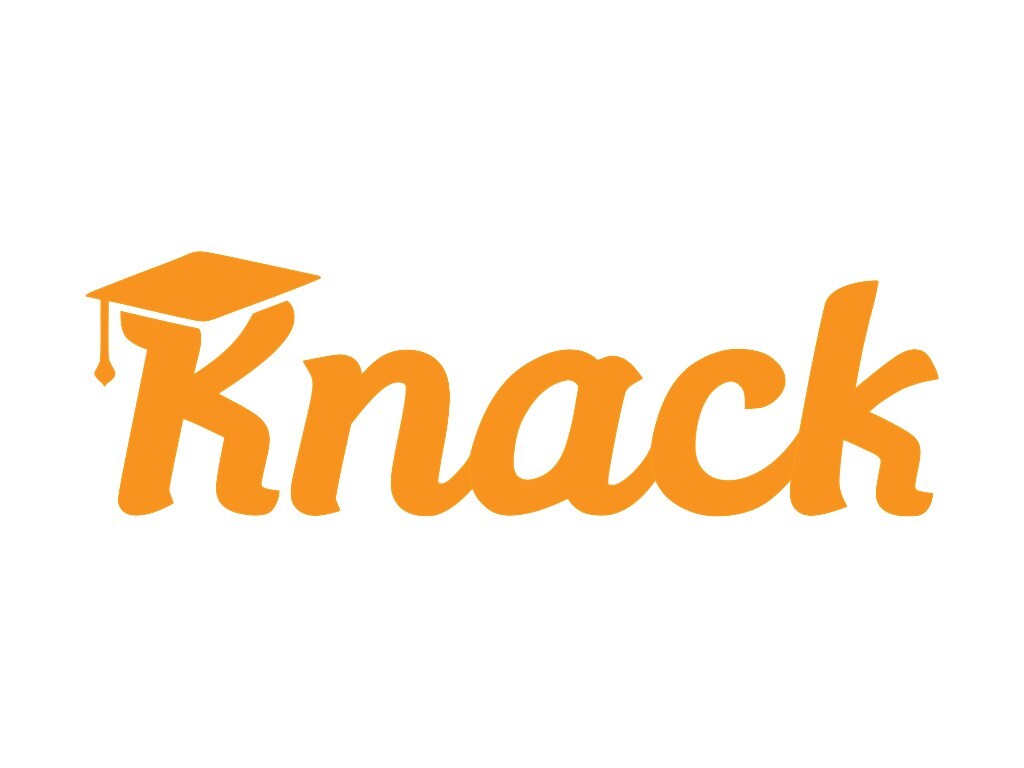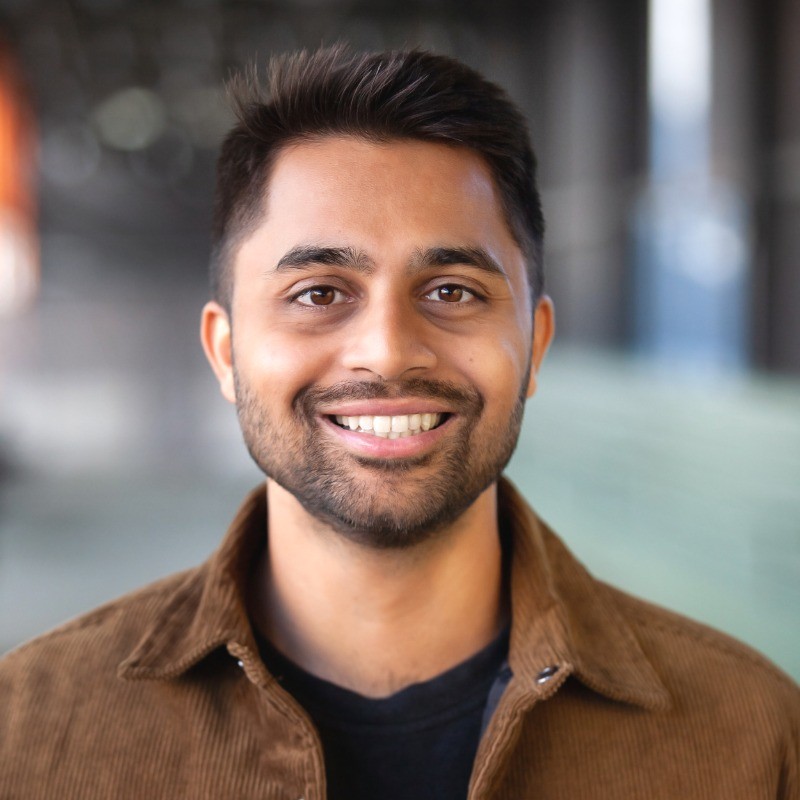For most of his twenties, Samyr Qureshi (featured photo above) built up the venture-backed EdTech startup Knack in Florida, building up a peer tutoring program across the country.
He and the Knack team attracted investors from partners like New Markets Venture Partners, Precursor Ventures, Jeff Vinik (Tampa Bay Lightning Owner), ETS (GRE creators), Chegg, Lumina Foundation, Arizona State University Enterprise Partners, Village Capital, Bisk Ventures, and others. And this month, the team announced it had closed its Series B round (an impressive feat given the downturn in investment dollars going into EdTechs recently).
Alongside the fundraising announcement, Qureshi said he is stepping down as CEO and will serve as the company’s executive chair. Austin-based Megan Dusenbery, who spent 15 years at Kaplan Test Prep, will step into the top executive role.
Stepping away from a startup after a decade is no small decision. But Qureshi said that putting the “right people in the right seats” was important for Knack’s next chapter.
Following the funding announcement, Qureshi spent time answering Hypepotamus’ questions around finding product market fit, navigating the evolving EdTech landscape, and why building in Tampa was the right decision for the startup. His answers give some unique insights into what it takes to build and grow an EdTech startup.
Get to know Qureshi through our Q&A:
Question: Take us back to the origins of Knack. What did you see that was missing in the market and what did you envision building?
I’ve always believed people learn best from and with each other and that happens organically on college campuses already but there was never an accessible way to engage in that manner. Moreover, generally speaking colleges and universities struggle to retain their students and tutoring is an internally funded intervention to try and turn that around. And so we knew that if we could win their trust, we could help them scale personalized and social learning support systems for every student on campus… enter Knack.
Q: What schools have seen the most traction on the platform?
We’re grateful to have dozens of partnerships with many of the leading institutions such as Northeastern, University of Florida, Auburn University, University of Maine, University of New Hampshire, among others. With that, most of our partners and their students have benefitted from double to triple digit increases in tutoring engagement as well as improvements in academic success, persistence, completion, and even career readiness/outcomes (the top students who serve as peer tutors are sharpening their career skills, whilst deepening their subject-matter expertise). Over the years we’ve invested millions into the pockets of our peer tutors, creating tens of thousands of jobs and have run countless studies with our partners to help prove the ROI and impact.

Q: How was it building this type of startup in Florida?
We were founded in 2015, well before anyone considered Florida a place where startups could thrive, so we definitely got some interesting looks when pitching investors once they learned we were in Florida but we really loved being here and believed in its growth. While we did spend some time in San Francisco, we ultimately decided to build the business in Tampa because it was supportive, affordable, and had a growing venture ecosystem that we wanted to contribute to. It’s awesome to see all of the great entrepreneur support organizations in Tampa, and across the state that have since formed.
Q: The entrepreneur journey is full of ups and downs. Was there a moment when you knew Knack was on to something?
In our earliest days, before partnering directly with institutions, we began as a direct-to-consumer tutoring platform where students would pay out of pocket for Knack tutoring sessions. After launching on over 100 campuses in a grassroots, guerrilla marketing manner, we had a student government leader at a big state school reach out saying they wanted to subsidize Knack because they felt their campus was reaching enough students. It was at that moment that we realized we could potentially pivot our payor to be the institution. And then Covid happened and suffice to say our demand surged, and our revenue literally 10x’d — allowing us to prove out and scale our B2B model that we operate today.
Q: How big is the Knack team today? Plus how many tutors do you have?
The Knack Pack is a global team of 32 full-time employees and our tutor network consists of tens of thousands of students across our partner campuses all over the nation.
Q: Over the years, how was the fundraising journey?
Up, down, and sideways! It’s never easy, especially as a first-time founder who had no business background, network, and in Tampa, Florida (in 2015). It took thousands of meetings over the years to be able to find our capital partners and I’m so lucky and grateful that we did. Our investors span the globe and consist of venture funds, angels, non-profits, corporations, and even a university. Again, I love to see the local ecosystem have many dedicated early-stage venture funds now and am optimistic to see more come on the scene as we continue to watch Florida blossom.
Q: How would you describe the state of EdTechs in 2025?
I do believe edtech is one of the hardest markets to sell into and exit out of. Incredibly long and seasonal sales/implementation cycles, limited budgets, and lots of bureaucracy and turnover. Despite me facetiously saying I’d not encourage even my biggest enemy to sell into edtech, I’m hopeful that founders continue to take shots on goal because the impact is real. I can’t think of very many industries where you can truly change someone’s life in such a meaningful and personal way which is what drove me for 10+ years, and still does as Executive Chairman!
Q: How did you know it was the right time to step out of the CEO seat?
A lot has changed in my life since when I began (I was just 21 back then!). I’m proud to say Knack has solid product-market fit, durable multi-year partnerships, has developed clear playbooks, and is now default alive. That said, it’s essential a company puts the right people in the right seats for the next part of the ride. And that’s exactly how I viewed this for myself. So upon raising our Series B, I started to ask myself, ‘What role creates the most value for the company and our mission?’ For me, that was clearly Executive Chair which looks like supporting my successor, sharpening strategy, and opening doors with partners. I’m thankfully still on the bus, just sitting in a different seat where I can help drive the most impact relative to where I am in life and what I want to be doing.

